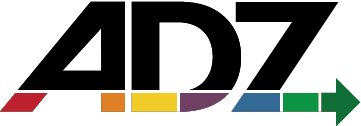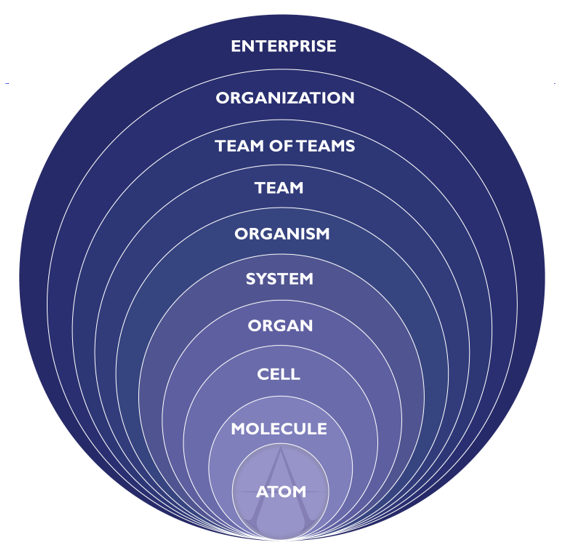Holons
Holons help us to view the organization and everything within and beyond it as parts of an integrated and interdependent system. By aligning the cadences of the activities in all of these parts (individuals, teams, teams of teams, etc.) we deliver the right people with the information at the right time, and we can align the entire organization to a sense of shared purpose.
IMAGINE THE PARTS OF YOUR ORGANIZATION SYNCED LIKE A CLOCK
The whole of your organization is made up of autonomous parts. Those parts are whole things (like teams) which have their own parts (individuals).
Integral Theory calls parts that are also wholes “holons.”
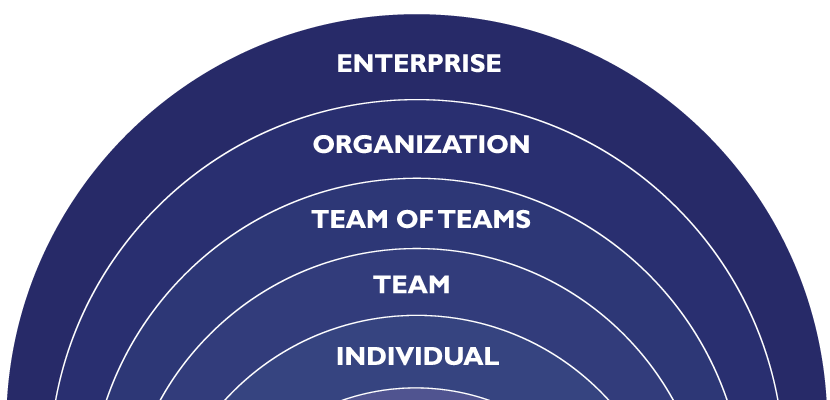
WHEN HOLONS WORK WELL TOGETHER, THEY CAN ACCOMPLISH MORE.
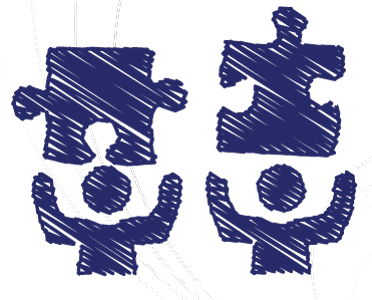
They work more efficiently
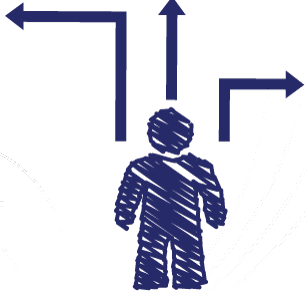
they adapt to change quickly,
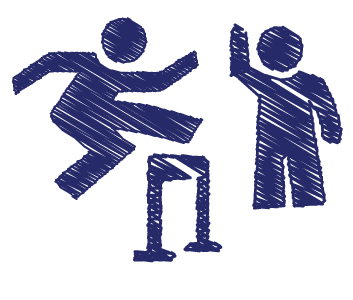
and the experience of working is easier and happier.
BUT SOMETIMES HOLONS AREN’T HEALTHY OR HAPPY.
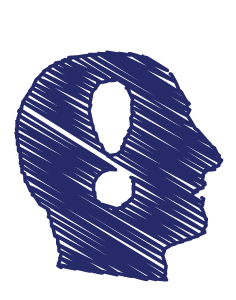
they can be dysfunctional,
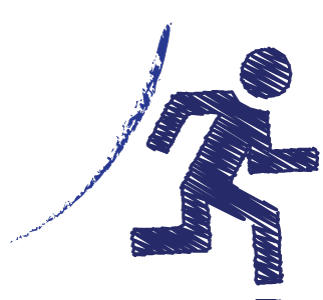
hidden from others,
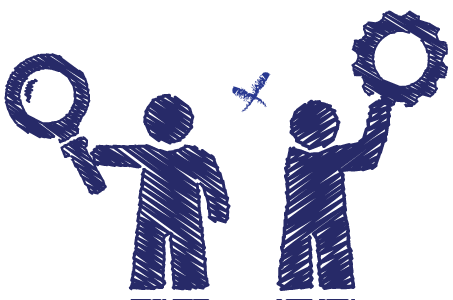
can’t see what others are doing,
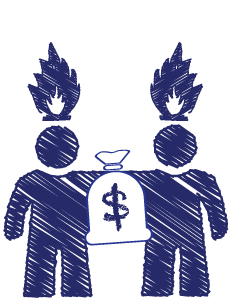
fighting over resources,
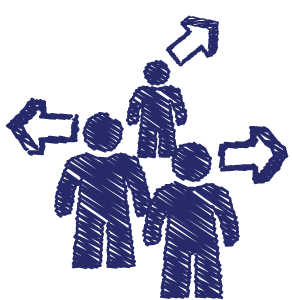
out of sync,
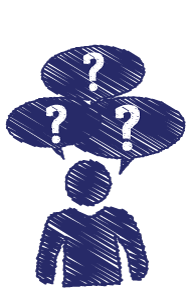
and unable to communicate what they need, or when they need it.
WHEN WE ALIGN CADENCES, WE COORDINATE SIMILAR ACTIVITIES SUCH AS REFINEMENT, PLANNING, AND RETROSPECTING ACROSS ALL HOLONS.
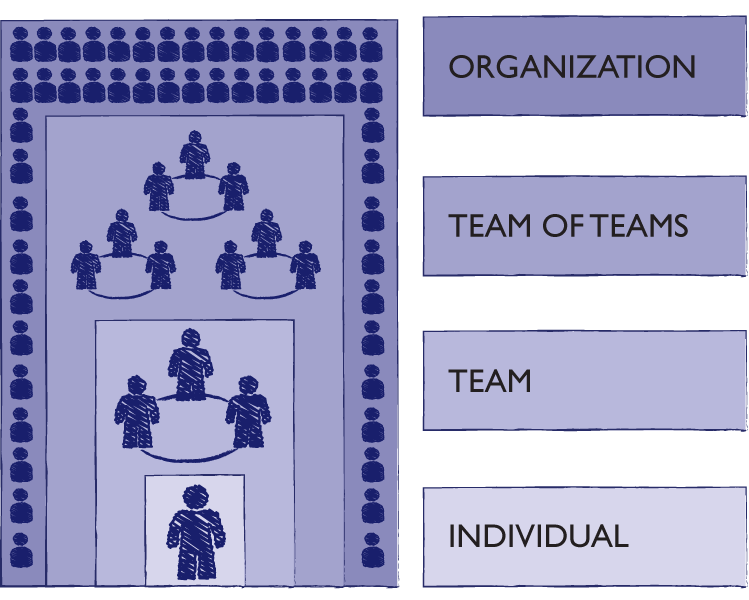
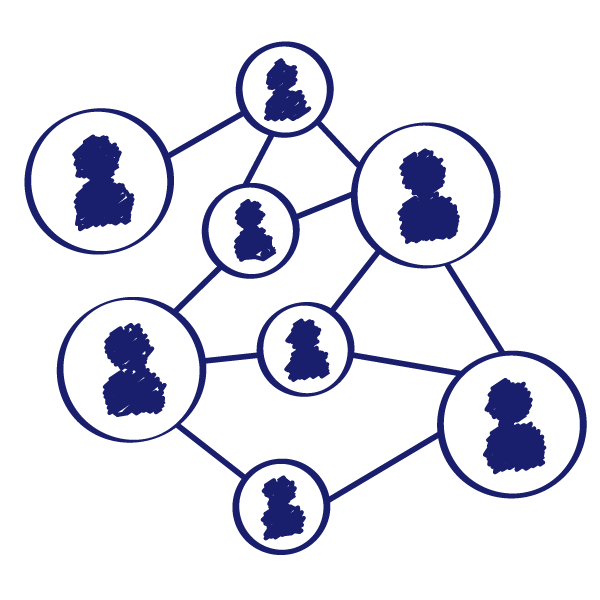
After one team performs a review, someone from that team participates in the review for the next holon above.
It’s the right person, with the right information at the right time. Because all parts are working together in real time, we increase the flow of value throughout the entire organization.
EACH HOLON WORKS TOWARD ITS OWN GOALS WITHIN ALIGNED OBJECTIVES
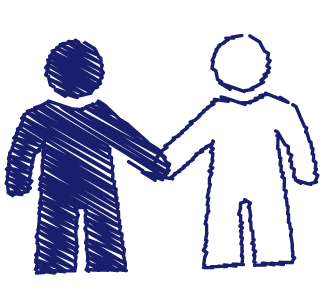
but they are better able to share goals, and see their shared purpose

they see their value to the rest of the organization

they can see their impact on other holons
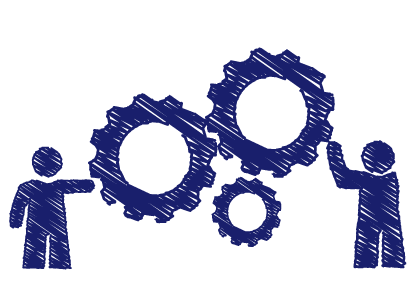
they can see that their team is part of a larger whole
Imagine an ecosystem where each member thrives as a part of a whole,
or a clock where these activities keep aligning in a single cadence.
More "lenses" from Integral Theory to help your agility
Quadrants
Explore how we build a Team Working Agreement using a 4 Quadrant perspective.
Levels
See how we can align a diverse group of people and teams with various priorities, toward the same goals.
Lines
Understanding our strengths and use our differences to achieve agility.
Types
Understanding your unique typology and find the unique value you offer.



